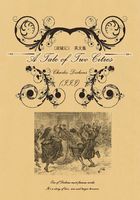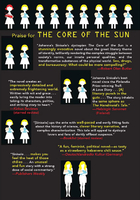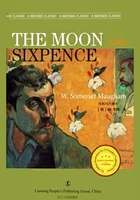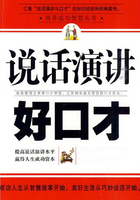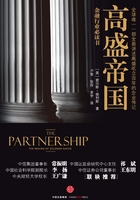My aim in this book is to survey the history of the State of Israel during its first fifty years, and also to tell something of its founders and pioneers, going back to the second half of the nineteenth century. Ideology, politics, diplomacy and war each have their place in the narrative, as do the stories of many of the individuals—some famous, others not—who contributed to the building up and survival of the State, and whose aspirations and toil made it what it is today—a State of more than five million people, four million of them Jews.
Fifty years ago there were only half a million Jews in British Mandate Palestine. Their desire for statehood long preceded the declaration of the State. The pioneers and the ideologists, many of them from Russia, but deriving their inspiration and support from throughout the Jewish world, were beset by problems, both of material hardship and of the competing claims of rival movements. Zionism came to the fore as a national movement when Democratic Socialism and even Bolshevism were competing for many souls, including the soul of the Jewish people.
One feature of the evolution of Jewish statehood was the steady settlement of small groups of pioneers on the land, starting more than a hundred years ago. The farming settlements that the pioneers created from the last quarter of the nineteenth century onwards gradually transformed the landscape and, more importantly, formed the basis of the future structure of Israeli life, first in Turkish and British Mandate Palestine and then—for the process has been a continuous one—in Israel. These settlements, often named for Zionist leaders or biblical characters and places, reflect many aspects of the history and aspirations of Jewish immigration and endeavour. Long before the Holocaust destroyed the world of Jewish life and experience in Europe, and set its survivors on the road to Palestine, the building up of Jewish national institutions in Palestine, and of a Jewish population committed to statehood, had reached a high point of achievement, requiring only the decision of the British to leave to set it on its national goals. It was not the Holocaust but the War of Independence, which began three years after the Holocaust ended, that enabled the Jewish State to come into being.
Over the past fifty years, Israeli society has faced a combination of pressures that are unusual in any nation: the pressures of continuous and massive immigration; five wars; the unpredictable cruelty of terrorist attacks (and, most recently, of suicide bombers); and a sense of the isolation and vulnerability of a small nation, each generation of which has lost loved ones in war and as a result of terrorist attacks. Israel is not only a nation that for the first three decades of its existence was surrounded by sworn enemies, but one that, following a victorious war in 1967, has had to share part of its own land with another people. This is not a novelty in history, but it is a painful situation that can only be resolved by supreme efforts of goodwill on both sides of the Palestinian–Israeli national divide.
This is an account in which history and current affairs merge: I have brought this first edition as up to date as possible. Every new day brings a new twist to the main themes of Israel's history since the foundation of the State fifty years ago: the aspirations of the old timers and the often conflicting desires of the newcomers, in a nation where immigrants make up the largest single sector of society; the tensions between the predominantly European Ashkenazi Jews and the Sephardi Jews, many of them of North African birth or origin; the tensions between the ultra-Orthodox Jews and those who adhere to a less extreme form of religious observance, or to no religious observance at all; the conflict between the Labour movement and ideology which ruled the State virtually unchallenged from 1948 to 1977 and since 1977 has competed for power and influence with the revisionist, Likud philosophy with its very different attitudes towards the nature of State power, the mood of State institutions and relationships with the Palestinian Arabs.
Every nation reaches watersheds that disturb the whole equilibrium of the society: Israel has already reached many in its first half-century of existence, among them the victory of June 1967 which resulted in the acquisition of a large Arab population, and the assassination in November 1995 of the Prime Minister, Yitzhak Rabin, by an Israeli Jew. The repercussions of this assassination will affect many aspects of life in Israel in the years to come.
Israel is a State based on the rule of law, and democratic values. Its institutions, among them the Knesset (Parliament) and the Supreme Court, reflect this philosophy of statehood. But the democratic nature of the institutions and the humanitarian basis of their responsibilities are sometimes questioned, even threatened, as seen most recently when death threats were uttered against the Chief Justice. Those within Israel who seek to maintain and enhance the democratic nature of the State face a complex struggle, as needy of vigilance today as it was at the time of the foundation of the State fifty years ago.
Although confronted with many problems, Israel possesses a strong will to succeed and prosper, to maintain its vigorous and fulfilling daily life, and to confound the critics who point to both external and self-inflicted problems as insoluble. This volume describes many instances when attempts have been made to resolve conflicts, and many where a harmonious resolution proved impossible. In Winston Churchill's words, 'The future, though imminent, is obscure'. But as Israel embarks upon its second half-century those who are responsible for its future have the task of nurturing its vibrant life, and of treasuring, guarding and enhancing its humane and democratic values.
Martin Gilbert
Merton College
Oxford
6 October 1997

